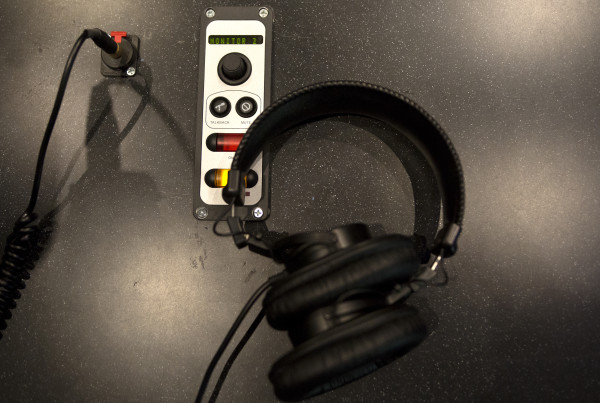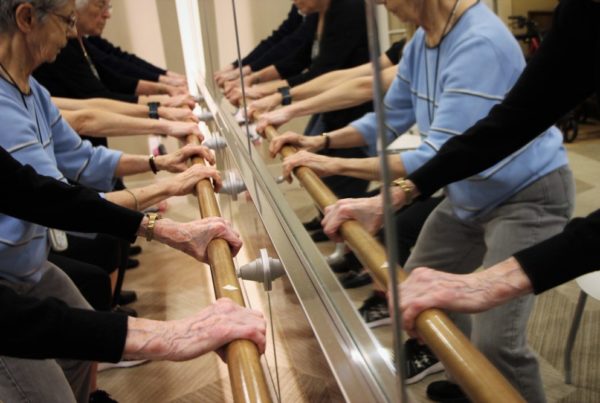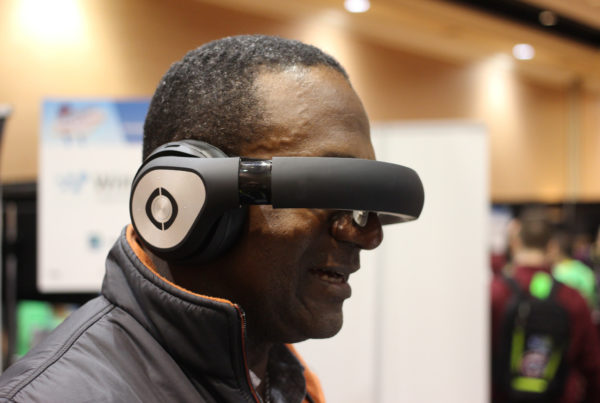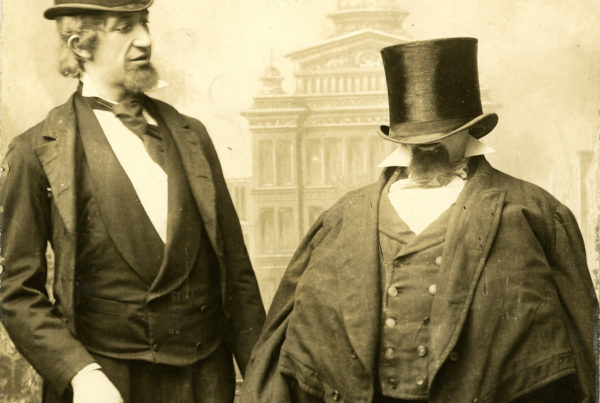The U.S. Census Bureau estimates that around 40 million Americans, or about 12 percent of the population, are living with a disability. Over the years, the federal government has instituted a number of laws to aid in access, employment, and education for those individuals. But a new bill passed by the U.S. House Thursday will roll back those protections.
In 1990, Congress passed the Americans with Disabilities Act. The idea was simple – to make businesses and government more accessible to those living with disabilities. When the law was signed, there were concerns from some lawmakers about the effects it would have on small businesses. For that reason, the law as written is pretty forgiving. For instance if a fledgling business can’t afford to make accommodations such as accessible bathrooms, they don’t have to make changes until they can afford them. And when those measures are completed, there are tax incentives to alleviate the burden. And in the last 28 years we can see the effects of the ADA all around us, from access ramps to Braille on doorways.
But last year, a Congressman from Texas brought up a lawsuit filed against Original Pizza, a restaurant in Colorado.
“Claims waged against Original Pizza are mostly false. Not to mention that Original Pizza was never notified of the alleged violation by the plaintiff. Now the plaintiff is demanding money to pay or a lawsuit will be filed. The same plaintiff will filed over 70 lawsuits against other businesses for alleged ADA violations,” said Republican Ted Poe from Humble.
Poe was referring to what he saw as a rash of frivolous lawsuits being filed against businesses for ADA violations. He would go on to craft the ADA Education and Reform Act, a bill that would make it harder for individuals to file lawsuits against businesses for ADA infractions. The general idea is to shift the responsibility away from the business and onto the person filing the complaint. It would require the individual to know which specific piece of ADA law is being broken and to give businesses written notice. And as long as the business has made substantial progress in making changes within a certain time frame, a person can’t file a lawsuit.
Seems like it would stop that rash of lawsuits right?
Susan Mizner, the director of the Disability Rights Program at the American Civil Liberties Union says lawsuits for ADA violations overall are pretty scarce.
“It’s actually one of the least frequently brought lawsuits out there. But because there has been a very small number – actually 12 individual lawyers at one law firm bringing a spate of lawsuits, there has been a backlash from the business community,” Mizner says.
Moving the burden of enforcement on to victims was never the point of the law in the first place, Mizner says. And civil rights law depends on businesses proactively staying in compliance. But this new bill changes that directive.
“And the business community is saying ‘you know what, we shouldn’t have to actually affirmatively comply with this law. What we need is that if you got a problem you need to write it down, and then you have to wait, and wait, and wait. And if we made some progress, you’re not allowed to sue.’ Which is the kind of standard that completely obliterates the point of a civil rights law,” Mizner says.
Mizner goes on to say that ADA laws are actually better for businesses overall because better accessibility means more customers and therefore more business. Right now, though, it seems businesses want more protection from lawsuits.
We reached out to Rep. Ted Poe’s office for comment. At the time of this airing they have yet to respond. The ADA Education and Reform Act, better known as House Bill 620, was passed by the full House on Thursday.
















